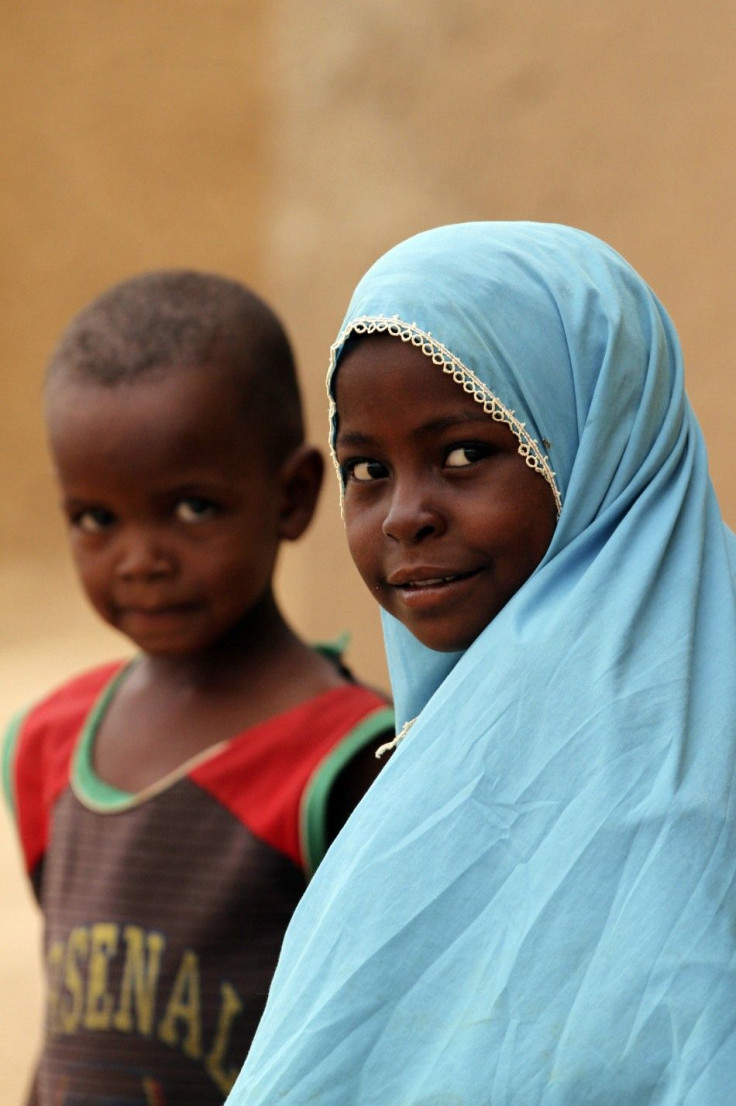World's Child Mortality Rate Drops, UN says

There has been a sweeping drop in the annual number of children under the age of 5 who die, according to the United Nations.
UNICEF and the World Health Organization have reported that the annual rate of children dying under the age 5 has fallen from 12 million in 1990, to 7.6 million in 2010, meaning an overall 12,000 fewer children under age 5 die each day.
According to the report progress has been down to better access in health care, immunization, prevention and treatment of childhood diseases, clean water and better nutrition. Even in Sub-Saharan Africa, which has one of the highest rates or infant morality, lowered its infant mortality rate by double.
Six of the fourteen best-performing countries are in Sub-Saharan Africa, as are four of the five countries with the largest absolute reductions (more than 100 deaths per 1,000 live births). Malaria is still a major killer in the area,however, causing about 16 percent of under-five deaths.
Although there has been a significant improvement; there are still more than 21,000 children that die every day from preventable causes. Babies are especially vulnerable with more than 40 percent of deaths in children under age 5 occur within the first month of life and more than 70 percent occur in the first year of life.
Globally, the four major killers of children under age 5 are pneumonia, diarrhoeal diseases, preterm birth complications and birth asphyxia and malnutrition is the underlying cause in more than a third of the under-five deaths.
Focusing greater investment on the most disadvantaged communities will help us save more children's lives, more quickly and more cost effectively, said Anthony Lake, executive director of the United Nations Children's Fund or UNICEF, Reuters reported.
The improvement will be enough to meet the UN's goal of reducing child mortality by 2015, although the organizations involved say more money is needed.
This is proof that investing in children's health is money well spent, and a sign that we need to accelerate that investment through the coming years, Dr. Margaret Chan, director general of the World Health Organization, said in a statement.
In reaction to the results of the report, UNICEF has said that further reduction in child mortality will require investing more strategically in healthcare infrastructure and services, especially in rural and remote areas.
The UN organization noted a growing disparity between children who have benefited from the rapid economic development in the region, chiefly in urban centre's, and those on the margins of society such as ethnic minorities, and children in remote and rural areas.
© Copyright IBTimes 2024. All rights reserved.





















